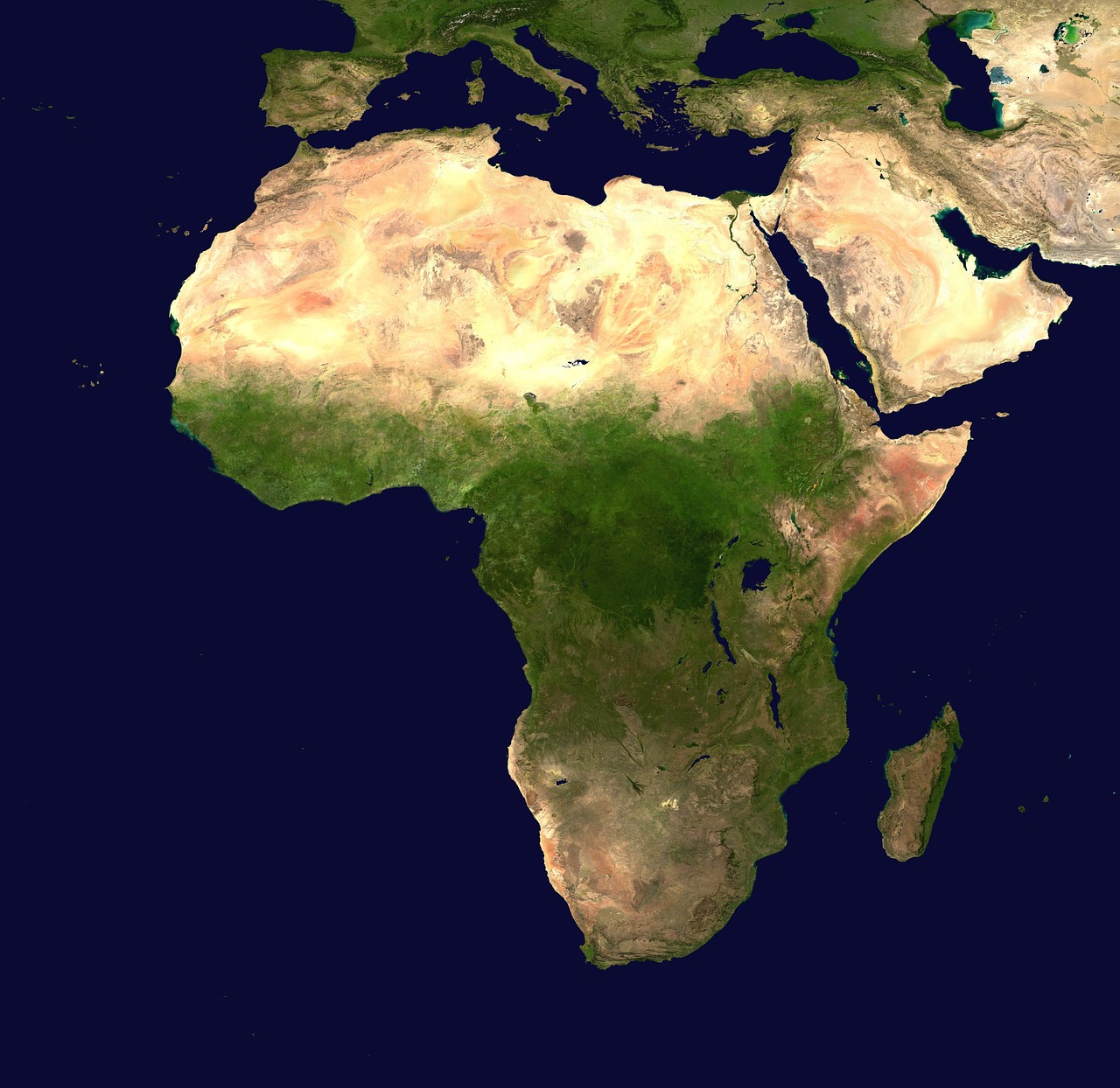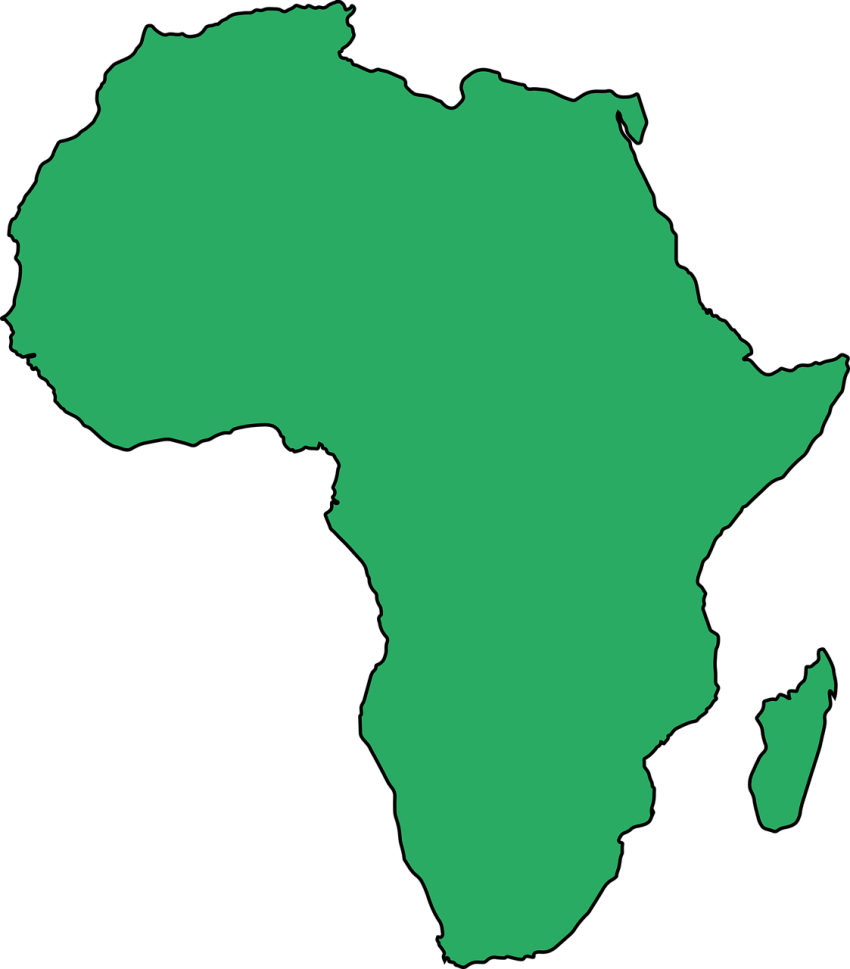Did you know that Africa has a critical role to play in the world’s energy transition? As our planet seeks cleaner and more sustainable energy sources, Africa’s vast resources and potential make it a key player in shaping the future. In this article, we will explore why Africa is so important in the global energy landscape and how the continent can contribute to a greener and more sustainable future.
Abundant Renewable Energy Potential
Africa is blessed with abundant renewable energy resources. From the blazing sun in the Sahara desert to the powerful winds along the coasts, Africa has the potential to harness these natural elements for clean energy production. Solar power, wind energy, hydropower, and geothermal energy are just a few examples of the renewable energy sources that Africa can tap into. By investing in these resources, Africa can reduce its reliance on fossil fuels and drive the world’s transition to clean energy.
Meeting Growing Energy Demands
As Africa’s population continues to grow, so does the demand for energy. By 2050, it is estimated that Africa’s population will double, which means a significant increase in energy consumption. By embracing renewable energy sources, Africa can meet its growing energy demands sustainably without exacerbating climate change or relying heavily on fossil fuels. This will not only ensure a stable energy supply but also contribute to global efforts in mitigating greenhouse gas emissions.
Energy Access and Poverty Alleviation
Access to energy is crucial for socioeconomic development, and unfortunately, millions of people in Africa still lack reliable electricity. The energy transition presents an opportunity to address this issue and alleviate poverty. By investing in decentralized renewable energy systems, such as off-grid solar solutions, Africa can bring electricity to remote communities and empower individuals with better educational, economic, and healthcare opportunities. Energy access is not only a basic human right but also a catalyst for sustainable development.
Attracting Investments and Fostering Innovation
Africa’s energy transition journey presents significant investment opportunities. International investors are recognizing the continent’s potential and are increasingly interested in financing renewable energy projects in Africa. These investments can spur economic growth, create job opportunities, and foster technological innovation. By embracing the energy transition, Africa can position itself as a hub for renewable energy investments, attracting both domestic and foreign investors and driving sustainable development.
Global Collaboration and Climate Change Mitigation

Addressing climate change requires global collaboration, and Africa’s participation is crucial. As a continent vulnerable to the impacts of climate change, such as droughts, floods, and rising temperatures, Africa has a vested interest in mitigating the effects of climate change. By embracing renewable energy and adopting sustainable practices, Africa can contribute to global efforts in reducing greenhouse gas emissions and limiting global warming. Africa’s actions can inspire other nations to take bolder steps toward a greener future.
Empowering Local Communities
The energy transition in Africa is not just about powering industries and cities; it is also about empowering local communities. By involving communities in renewable energy projects, Africa can promote inclusive development and ensure that the benefits of the transition reach everyone. This can be achieved through community-owned renewable energy initiatives, providing economic opportunities, and enabling active participation in decision-making processes. Such empowerment can foster a sense of ownership and pride, strengthening the transition toward a sustainable future.
Conclusion
Africa’s critical role in the world’s energy transition cannot be overstated. With its abundant renewable energy potential, the continent has the opportunity to lead the way in powering a sustainable future. By harnessing its resources, meeting growing energy demands, addressing energy access challenges, attracting investments, fostering innovation, collaborating globally on climate change mitigation, and empowering local communities, Africa can make a significant impact on the global energy landscape. Let us recognize Africa’s potential and work together towards a cleaner, greener, and more sustainable world.
Don’t forget to leave a comment below and share your thoughts on Africa’s role in the world’s energy transition. We’d love to hear from you!

